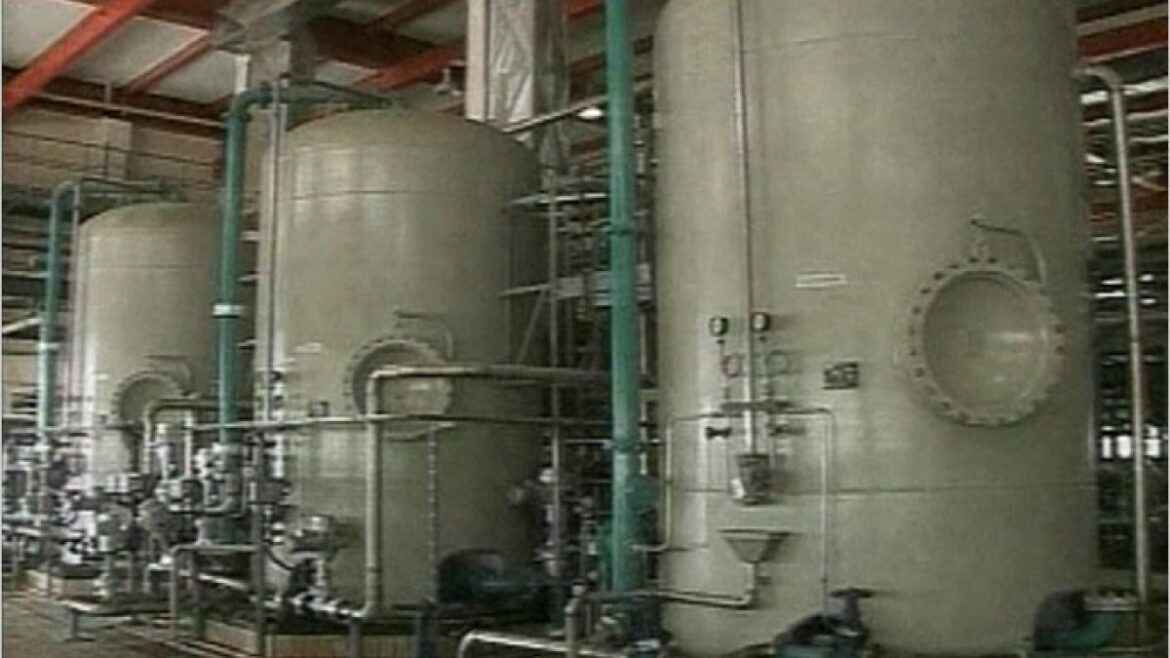The New York Times said that American and Israeli officials claim to have achieved great success after the recent Israeli strike on Iran, but behind the satisfaction with the tactical gains lies a longer-term concern, because many fear that Iranian leaders will conclude that they have only one means of defense left, which is the initiative to obtain… On a nuclear weapon.
The newspaper reported that when Israeli fighter planes set off to attack Iran, they headed towards two main groups of targets: the air defenses that protect Tehran, and the giant fuel mixers that make fuel for the Iranian missile fleet.
The surprising element for the Iranians – according to the newspaper – was a group of strikes that led to the destruction of the air defenses protecting several vital oil and petrochemical refineries, and about 12 fuel mixers, without which Iran could not produce more of the type of ballistic missiles that it launched at Israel on the first of January. October, and it could take more than a year to replace them from Chinese and other suppliers.
However, the Iranians’ feeling that they have nothing left but to obtain a nuclear weapon is what American strategists have been desperately resisting for a quarter of a century, using sabotage, cyber attacks, and diplomacy, to prevent Tehran from crossing the threshold to become a fully nuclear-armed power.
The nuclear option
US President Joe Biden – who publicly warned Israel 3 weeks ago against striking Iranian nuclear and energy sites for fear that the conflict would escalate into a regional war – seemed satisfied for the first time with Israeli Prime Minister Benjamin Netanyahu, who listened to him, and said, “It seems that they did not strike anything except military targets.” “.
Iranian Supreme Leader Ali Khamenei was meeting with senior leaders of the Islamic Revolutionary Guard Corps to determine his next steps, and he took a measured tone in his first statements about the attacks, saying that they should be “neither exaggerated nor downplayed,” but there was little evidence that any decision had been made about the attacks. Reply.
Dana Stroul, a former official in charge of Middle East policy at the US Department of Defense (the Pentagon), and now a senior fellow at the Washington Institute for Near East Policy, stated that if Iran chooses escalation, its vital military, leadership and nuclear facilities will be more at risk, explaining that “the table is set.” To de-escalate if Iran chooses to do so, otherwise the next Israeli response will be even more destructive.”
The newspaper pointed out that Iran has another option, as its leaders can publicly or secretly lift the apparent ban imposed by the Supreme Leader on building a nuclear weapon, especially since it has never been closer to the nuclear threshold than it is now, as it possesses larger stocks of uranium that are close to bomb grade. .
She has what she can produce
Iran now possesses – according to reports from the International Atomic Energy Agency – enough medium-enriched uranium to produce three or four weapons, thanks to the production boom that began shortly after former US President Donald Trump withdrew from the Iranian nuclear agreement in 2018.
However, the newspaper believes that it may take much longer, perhaps more than 18 months, to convert this fuel into a warhead, assuming that Iran will not get help from an established nuclear power such as Russia, its largest customer for drones, or North Korea, with which it has worked. Close up on ballistic missile technology.
American officials say that so far they see no evidence of a political decision on the part of the Iranians to race to obtain a nuclear weapon, but countries build nuclear weapons when they feel weak, as one senior American official said, and this is exactly the patriotic sentiment in Iran today.
Criticisms from the right and the left
In the days following the October 1 strike by Iran, which came after Hezbollah Secretary General Hassan Nasrallah was killed in an air strike in Lebanon, Biden was vocal in warning Israel, stressing the need to keep energy and nuclear sites off the retaliation list. .
In the end, the Israelis did not fly over Jordan, but rather passed mainly through Syria, and to a lesser extent through Iraqi airspace, from which they fired their missiles at Iran, according to a statement issued by the Iranian Armed Forces. American officials did not say what kind of arrangements had been reached with the government. Iraqi, and referred all questions to the Israelis.
The day after the strike, right-wing members of Netanyahu’s coalition expressed regret that the strikes did not go far enough, and hard-line National Security Minister Itamar Ben Gvir, who urged Netanyahu to go directly to the Iranian nuclear production site, said that Saturday’s attack should be considered ” Opening strike.
Joining Ben Gvir in the criticism was Yair Lapid, leader of the parliamentary opposition, and argued that Netanyahu made a mistake in responding to Biden’s warnings, and said that “the decision not to target strategic and economic targets in Iran is a mistake.”



